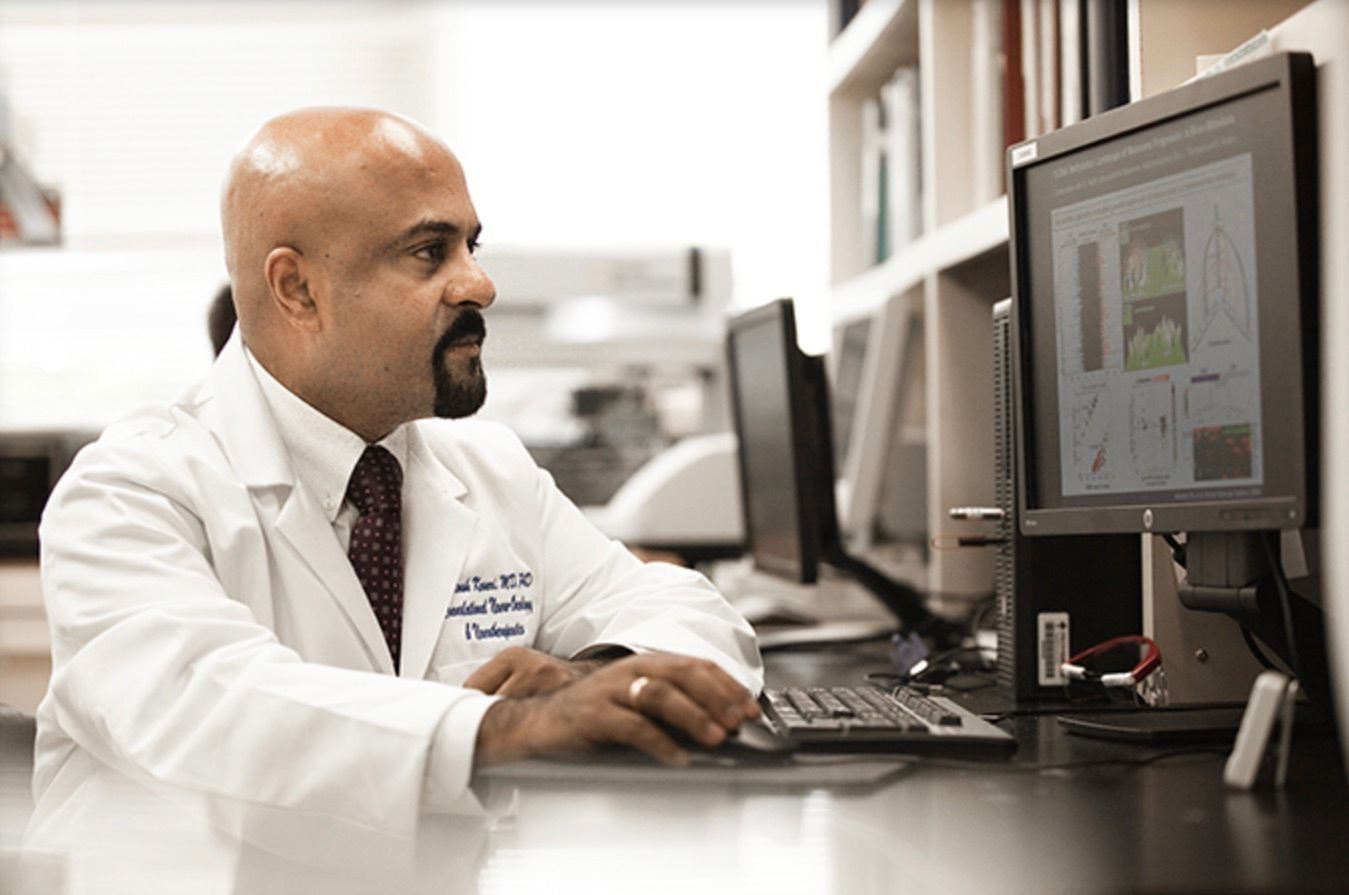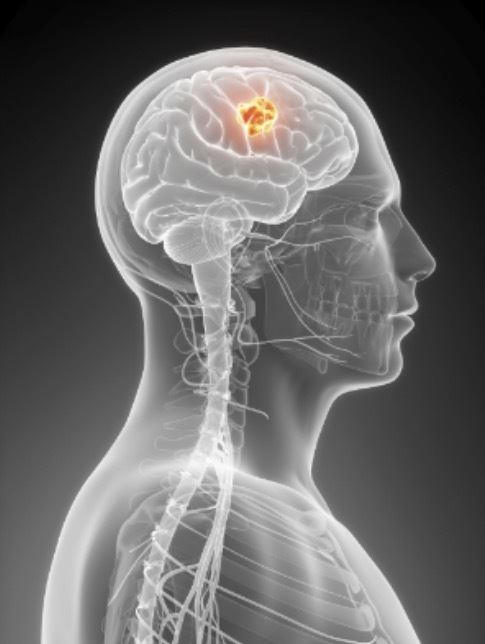

Brain Cancer Research: Stepping Stones to Brain Cancer Cure
by Zara Jethani
In August, former president, Jimmy Carter, was diagnosed with advanced melanoma, a deadly form of skin cancer that spread to his liver and was found in four spots in his brain. He is being treated at Emory University’s Winship Cancer Center in Atlanta with focused stereotactic radiation for the brain cancer and a new immune-boosting drug for the melanoma. Doctors say that 91-year-old Carter’s response is impressive and his cancer has stopped spreading. This week, Mr. Carter announced that he is cancer-free.
“In the not too distant past, because of his age, Jimmy Carter may not have been offered any treatment options. Immunotherapy and targeted stereotactic radiosurgery have made it possible to treat more patients with melanoma brain metastases with lower risk and higher likelihood of putting this type of brain cancer into remission,” says Pacific Brain Tumor Center’s director and neurosurgeon, Dr. Daniel F. Kelly.
 “At the Saint John’s Cancer Institute’s translational research labs, we are continually striving to develop more targeted therapies that minimize collateral damage to the normal brain and maintain quality of life.”
“At the Saint John’s Cancer Institute’s translational research labs, we are continually striving to develop more targeted therapies that minimize collateral damage to the normal brain and maintain quality of life.”
The goal of translational research is to apply the findings of basic science directly to developing therapies that offer a cure. This has led to individualizing care even further creating Precision Medicine which is defined by the NIH as, “an emerging approach for disease treatment and prevention that takes into account individual variability in genes, environment, and lifestyle for each person.”

Santosh Kesari, MD, PhD, director of Translational Neuro-Oncology Laboratories at the Saint John’s Cancer Institute (formerly Saint John’s Cancer Institute, JWCI) specializes in translational precision medicine for glioblastoma, a particularly speedy and deadly type of brain cancer. One of the nation’s top neuro-oncologists and recipient of Cure Media Group’s Heroes of Glioblastoma Award, Dr. Kesari’s research and medical experience have led to many start-ups and collaborations with therapeutics companies to develop brain cancer cures.
“It’s a highly resistant disease, and there’ve been many drug failures in the past,” says Dr. Kesari. “But with recent advances in genomics, drug development and understanding of the blood-brain barrier, our team is committed in the next 10 years to finding a cure.”

Dr. Kesari was involved in a pivotal, international study that led to the U.S. Food and Drug Administration’s (FDA) recent approval for the expanded use of a novel non-invasive device, Optune for newly diagnosed brain cancer patients with Glioblastoma (GBM). Used in combination with chemotherapy drug TMZ, following standard treatments of surgery and chemo-radiation, Optune was found, on average, to increase life expectancy and stop disease progression for 3 months.
At last month’s Society of Neuro-Oncology annual meeting, Dr. Kesari and his colleagues shared more study results showing that Optune may also be used successfully for patients with recurring disease extending their life expectancy.
“Our analysis shows that GBM patients continue benefiting from Tumor Treating Fields (TTFields) therapy even after their disease has recurred,” Dr. Kesari explains, “This survival benefit is maintained across multiple lines of second line therapy, and points to the need for physicians to incorporate Optune into the standard-of-care for glioblastoma.”
For GBM patients whose life expectancy is currently about 15 months after diagnosis, these extra moments are extremely precious.

In November 2015, biotech company GenSpera, announced their collaboration with Dr. Kesari who will lead an initiative at the Saint John’s Cancer Institute to further test a new prodrug candidate. It targets the tumor blood supply in patients with GBM without the side-effect profile of traditional chemotherapeutic agents. The FDA has granted Dr. Kesari $1.6 million to investigate specific cellular biomarkers, such as prostate-specific membrane antigen (PSMA), to better identify patients that will receive the most therapeutic benefit.
Personalized immunotherapies are being developed to fight against cancer cells by generating anti-tumor agents from patients’ own immune system. These modalities represent a big step towards increasing length and quality of life, and providing a cure to patients with brain cancer.
At the Saint John’s Cancer Institute, various research initiatives focus on developing therapies based on this individualized approach. While there is still some way to go, these breakthroughs allow our neuro-oncologists and neurosurgeons to work side by side with scientists creating real-time immunotherapeutics.
If you are interested in finding out more about how to help our research efforts, please contact Dr. Kesari at kesaris@jwci.org or Dr. Kelly, Director of the Pacific Brain Tumor Center at dkelly@pacificneuro.org.
Related article:
About the Author

Zara Jethani
Zara is the marketing director at Pacific Neuroscience Institute. Her background is in molecular genetics research and healthcare marketing. In addition, she is a graphic designer with more than 20 years experience in the healthcare, education and entertainment industries.
Last updated: May 5th, 2022